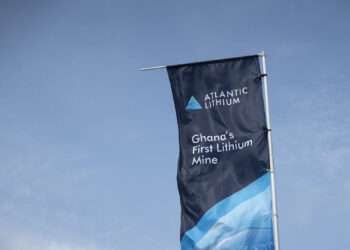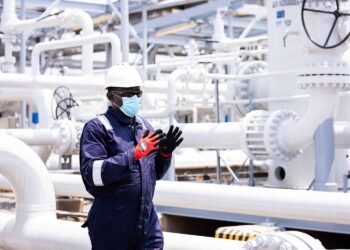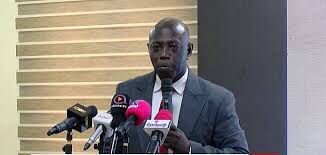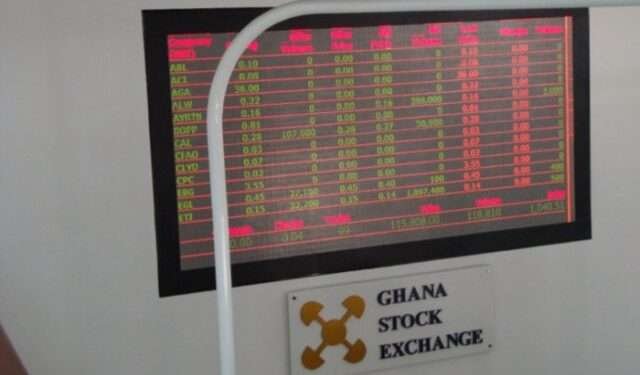The Chamber of Petroleum Consumers (COPEC) has slammed the latest reduction in fuel prices at Ghanaian pumps, calling it “woefully inadequate” and warning that consumers are not benefiting as much as they should from favourable market conditions and a strengthening cedi.
Duncan Amoah, Executive Secretary of COPEC, explained that the prevailing wholesale prices from Bulk Distribution Companies (BDCs), coupled with a relatively stable foreign exchange rate, should have allowed for deeper price cuts.
“As of Friday, BDCs were selling petrol around GH¢8 per litre and diesel between GH¢8.50 and GH¢9.
“If you add the cumulative tax incidence of GH¢3.27 and the OMC margin of 40–50 pesewas per litre, you do not expect any Oil Marketing Company (OMC) to go beyond GH¢11.70 at this point.”
Duncan Amoah, Executive Secretary of COPEC
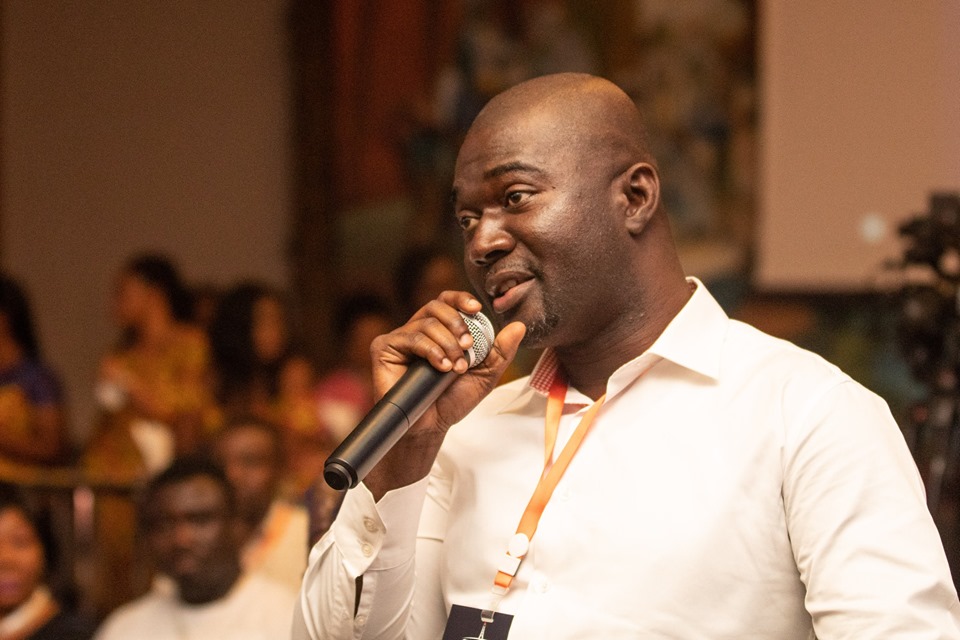
Yet, some retail outlets continue to charge GH¢12 or more, a figure Amoah says points to inefficiencies or lack of regulatory pressure in the downstream sector. “It tells you that there is clearly a challenge somewhere,” he stressed.
Retail prices of petroleum products began to dip at some fuel stations nationwide following the implementation of the first pricing window of June.
State-owned GOIL, for instance, has adjusted its prices to GH¢12.52 per litre for petrol and GH¢12.98 for diesel, down from GH¢13.27 and GH¢13.87 respectively during the previous window in May. Star Oil has gone further, offering petrol at GH¢11.77 and diesel at GH¢12.49 per litre.
Despite these reductions, COPEC maintained that the scale of price relief falls short of what consumers deserve.
COPEC Calls for Stronger Oversight
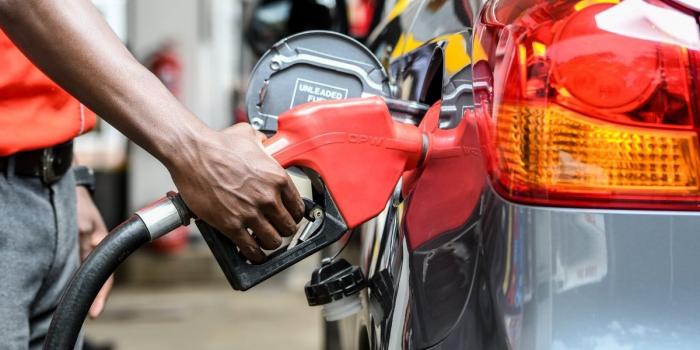
COPEC urged the National Petroleum Authority (NPA) and other regulators to enhance monitoring and ensure that market pricing reflects real cost structures.
“We expect the NPA to do more than just announce windows.
“There must be enforcement to ensure that OMCs who fail to respond to the pricing environment are held accountable.”
Duncan Amoah, Executive Secretary of COPEC
He added that COPEC will continue tracking pump prices across regions and publish regular analyses to support transparency and advocacy.
Experts point out that pricing inconsistencies can also be attributed to other operational costs borne by OMCs, such as freight, insurance, and taxes—some of which vary depending on supply chains and logistics. However, COPEC insists that these should not be used to justify excessive markups.
“With increased competition and better forex performance, there is no excuse for inflated prices at the pump.”
Duncan Amoah, Executive Secretary of COPEC
A key factor behind the current fuel price trends is the Ghanaian cedi’s recent appreciation against the U.S. dollar.
Since petroleum products are imported and priced in dollars, a stronger cedi directly lowers import costs. This dynamic has already spurred several OMCs to revise pump prices, with expectations that more will follow.

“The forex environment has been relatively stable over the last two months, and that has had a significant impact on import parity pricing.
“This window should have been a major relief period for consumers. The limited scale of the reductions raises questions about market competitiveness and transparency.”
Africa Sustainable Energy Centre (ASEC)
The current debate around fuel price adjustments highlights a broader issue in Ghana’s downstream petroleum sector: the need for transparency, accountability, and consumer-centered policies.
While exchange rate stability has created the fiscal space for price reductions, the extent to which these benefits reach everyday Ghanaians remains limited.
Until more decisive actions are taken to regulate pricing behaviours, the average consumer may continue to feel shortchanged—despite seemingly favourable market conditions.
READ ALSO: Access Bank and DHL Sign Agreement to Empower SMEs Across Africa Under AfCFTA





